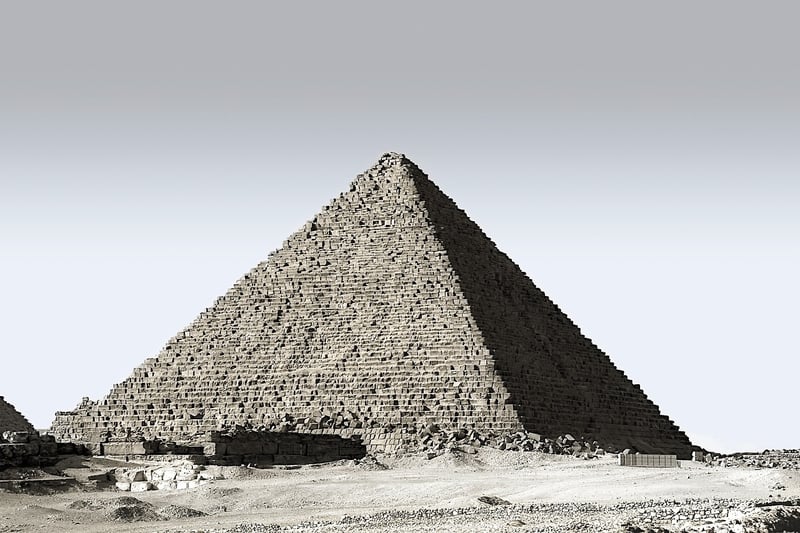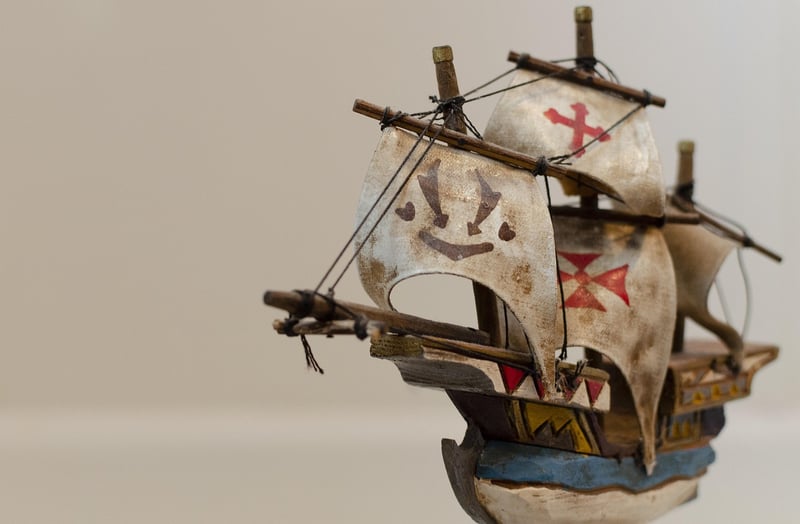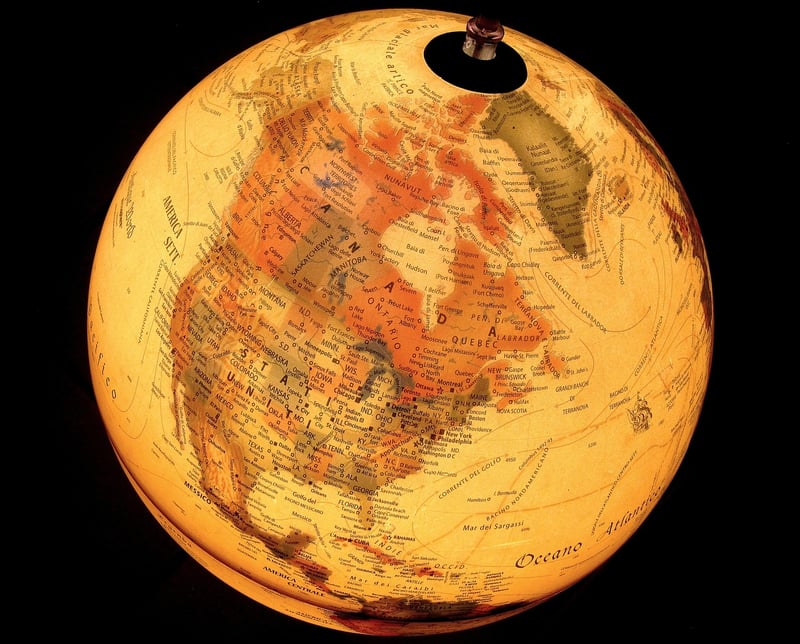Future Exploration
Exploring Different Time Periods and Future Exploration
Introduction
Embarking on a journey through time allows us to uncover the mysteries of the past and speculate on the possibilities of the future. Let's delve into various time periods and consider what the future holds for exploration.
Ancient Times
In ancient civilizations, such as Egypt and Mesopotamia, exploration was driven by the quest for new lands, resources, and knowledge. Seafaring cultures like the Phoenicians ventured into the unknown, expanding trade routes and cultural exchange.

The Age of Discovery
The Age of Discovery saw European explorers like Christopher Columbus and Vasco da Gama navigate uncharted waters, leading to the exploration of new continents and the exchange of goods and ideas between the Eastern and Western hemispheres.

Industrial Revolution
The Industrial Revolution transformed exploration with advancements in transportation and communication. Pioneers like Lewis and Clark journeyed across North America, mapping unexplored territories and connecting distant regions.

Space Exploration
In the modern era, space exploration has captured our imagination. From the first human steps on the moon to robotic missions to distant planets, humanity continues to push the boundaries of our universe.

The Future of Exploration
As we look to the future, exciting prospects await us. Advancements in technology, like AI and robotics, will enable us to explore the depths of the ocean, venture to Mars and beyond, and unravel the mysteries of the universe.
Conclusion
Exploration is an intrinsic part of human nature, driving us to seek new horizons and expand our understanding of the world around us. By reflecting on the lessons of the past and embracing the possibilities of the future, we can continue to push the boundaries of exploration and discovery.
